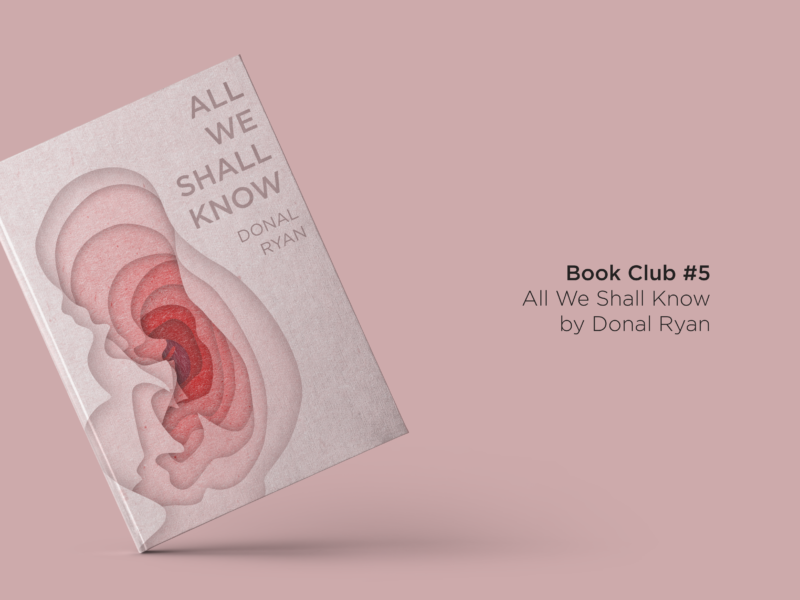Continuing my new found love of non-fiction, I recently read Alain De Botton’s Status Anxiety and knew it had to be included in my next book club post because it had such a profound effect on how I think. I’ve been a big fan of De Botton’s writing for a while, but I’d never read what is arguably his most popular work.
Just in case you haven’t heard of it already, Status Anxiety is “a book about an almost universal anxiety that rarely gets mentioned directly: an anxiety about what others think of us; about whether we’re judged a success or a failure, a winner or a loser.”
I realise that I’ve gotten to Status Anxiety over a decade after it was originally published in 2004, but I think I read it at exactly the right time for me. So many of the topics touched on in the book seemed to seamlessly weave into qualms and questions I’ve been having about my own life and the world around me recently. I feel like particularly after starting blogging and trying to navigate the world of work while deciding who I want to be and what I want to do, perceived status has been a silent shaping force in my thinking.
My perceived status does matter to me. I know some people will see that care as something negative, wrapped up in vanity and ego, which I guess to some extent it is, but not conicously. Status Anxiety has really helped me to understand why I care so much about my status and why that doesn’t necessarily make me a bad person. So much of how the world is shaped and organised is based on status, it’s how we’re taught to make sense of the world and our position. That doesn’t mean it has to rule us though. But even just knowing that has helped me debunk my negative perception of myself for caring about it, and to some extent diminish its impact.
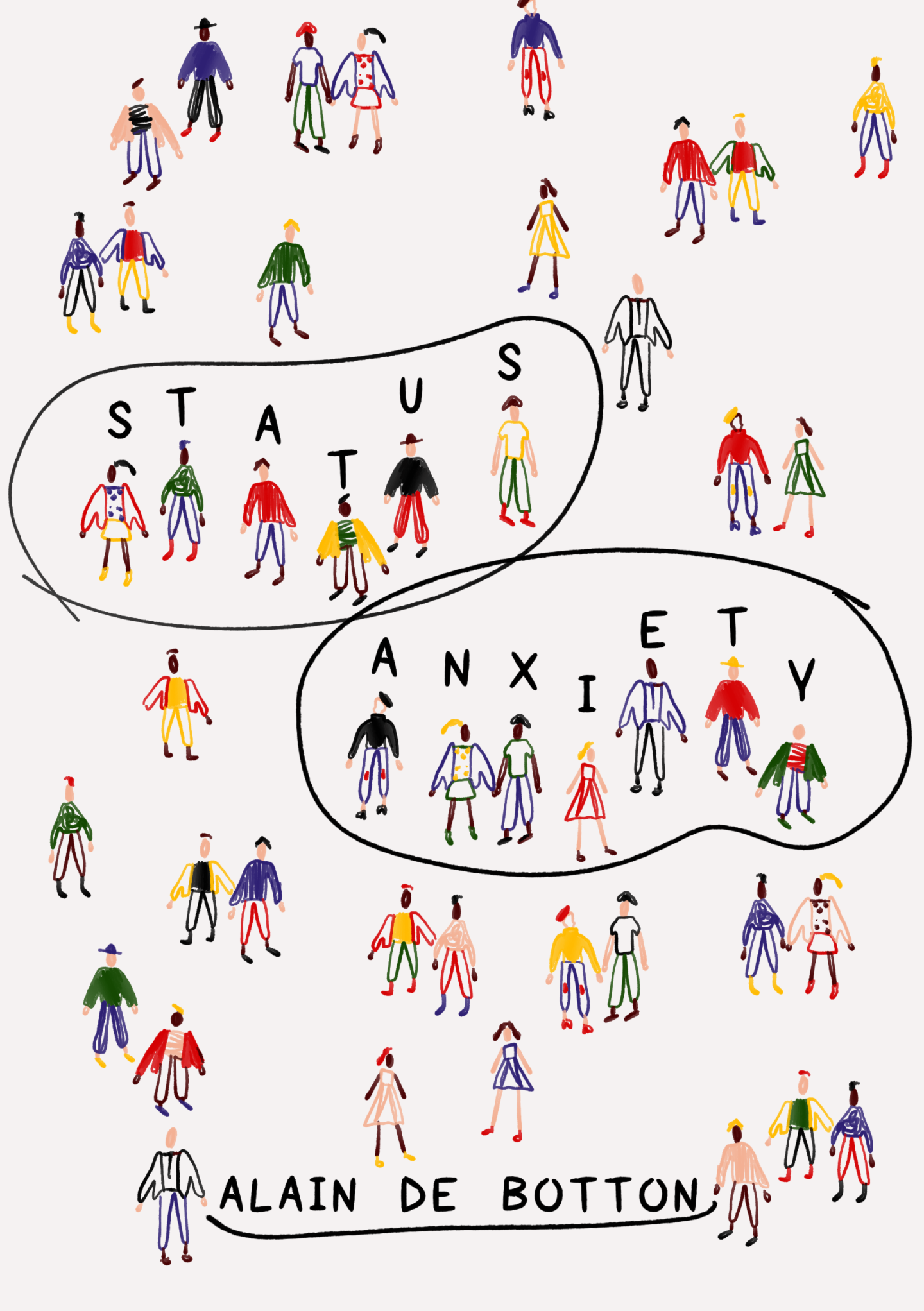
My alternative cover design for Status Anxiety
The first half of Status Anxiety sets out De Bottton’s case for why status anxiety is real and a particular problem in the modern world (I would love to see an update on it for an increasingly digital world). He collates a thinking from a whole host of other philosophers as well as examples from throughout history. While at times this can feel more like De Botton is synthesising ideas rather than adding his own, the clarity with which he stitches these different ideas together is what makes Status Anxiety such a useful read. Yes, many of those ideas were out there already. Does a lot of what De Botton claims read like common sense after a while? Sure. But would I have read those other texts, or brought all of that thinking together on my own? I don’t think so. The principles this first section presented to me so eruditely have given me an additional set of lenses to view my world through.
The second half of the book poses some potential solutions to suffering from status anxiety. I have to admit that I didn’t get along as well with this half of the book. I wasn’t really all that convinced that any of the solutions presented worked as anything more than outward performances, but I guess it is hard to know how someone else truly thinks. This section, for me, turned into a challenge to try and think of ways that I could reduce my own status anxiety. I have yet to find a solution, but maybes the first step in that is just acknowledging it as a common condition.
I would whole-heartedly recommend Status Anxiety to anyone and everyone. It’s such a good eye opener and thought provoker. It doesn’t have all of the answers, or anything that’s particularly ground-breaking, but I think that’s its power. It’s easy to relate to and use as a platform to start reconsidering your own thought process. Plus, despite being a philosophical text it is surprisingly accessible and easy to work your way through – I think it took me a little over a week to finish just reading it in my lunch breaks.
 SOME QUESTIONS TO PONDER AS YOU READ
SOME QUESTIONS TO PONDER AS YOU READ
- Do any of the anxieties and principles suggested in the book affect you? If so how aware of them were you?
- To what extent do you think that status anxiety can be diminished or eradicated? Have you done it?
- How do you think social media has affected our perception of status, and thus our feelings of status anxiety?
IF YOU WANT SOME FURTHER READING TRY…
- I’m beginning once again with a Guardian review, but this one is a challenge to De Botton’s claims if you’re looking for an alternative view point
- An interview with De Botton about the book and its themes in The Atlantic
- Not something to read, but a video of De Botton discussing Status Anxiety
- A slightly more recent review from The Huffington Post
IF YOU WANT MORE BOOKS LIKE THIS HAVE A LOOK AT…
Other books (this list is a little short because I need to read some more to be able to recommend things to you confidently – please add to this in the comments, and I’ll amend the list!)
- Alain De Botton’s On Love
- Philippa Perry’s How to Stay Sane
- Carl Cederström & André Spicer’s The Wellness Syndrome
Why not use Status Anxiety themed bookmark I designed to keep your place as you read? You can print and download it for free here.
As ever, let me know if you’ve read Status Anxiety, or if you have any recommendations for what I should be reading next.

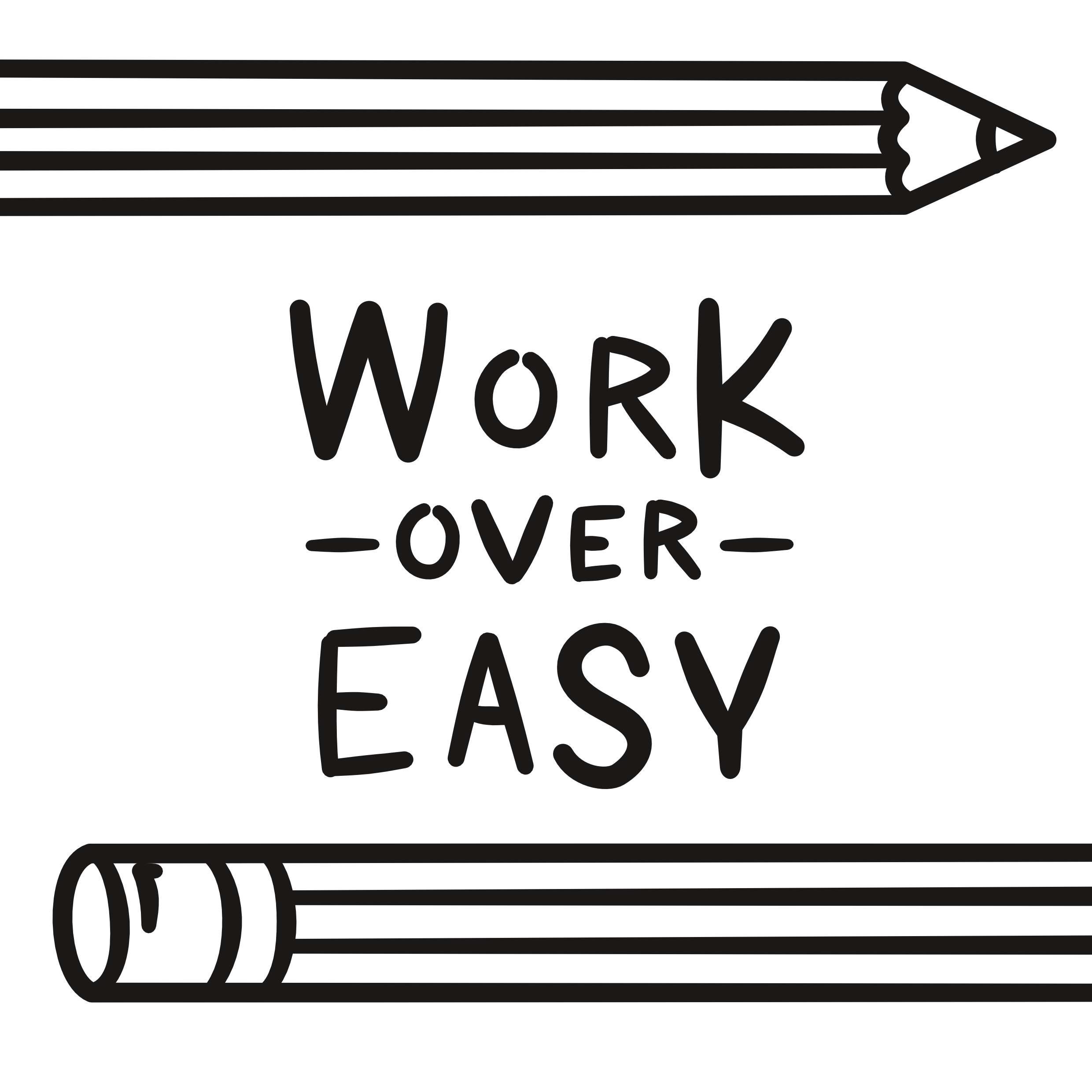
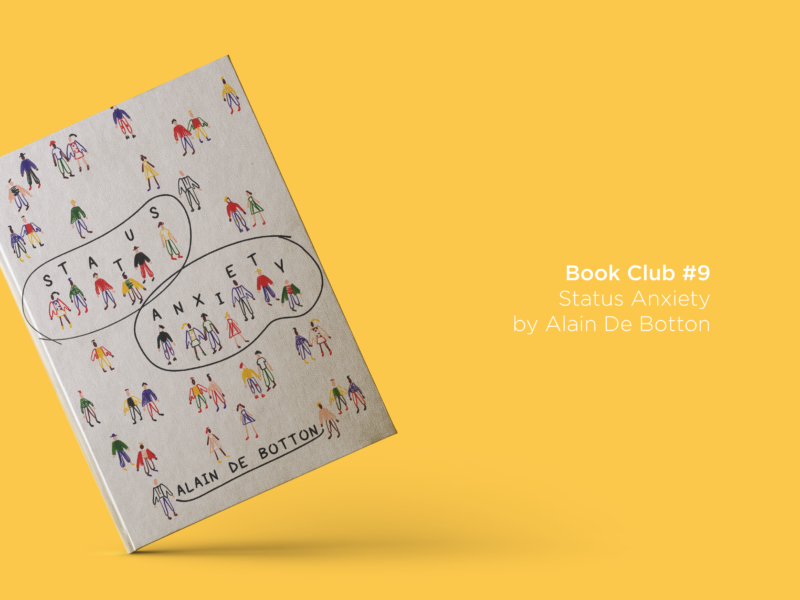
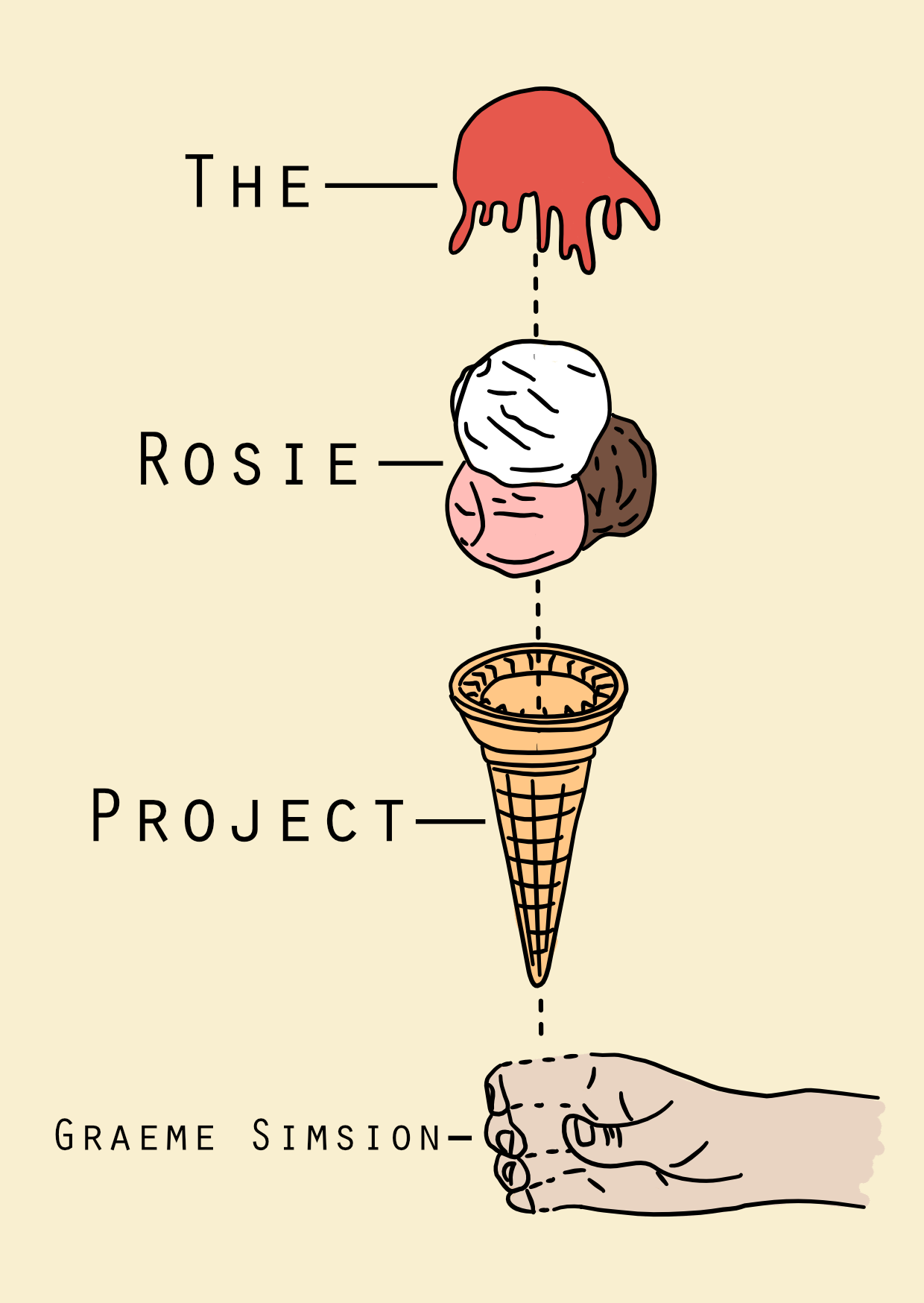
 SOME QUESTIONS TO PONDER AS YOU READ
SOME QUESTIONS TO PONDER AS YOU READ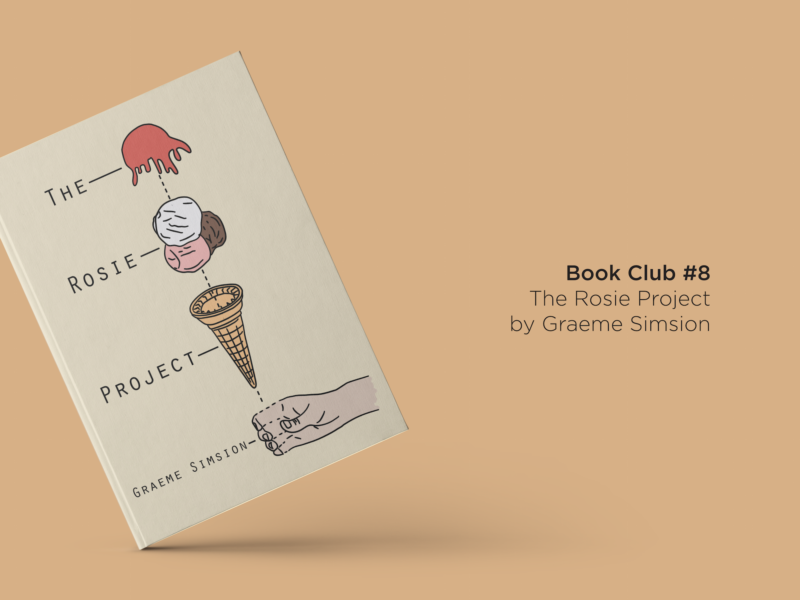
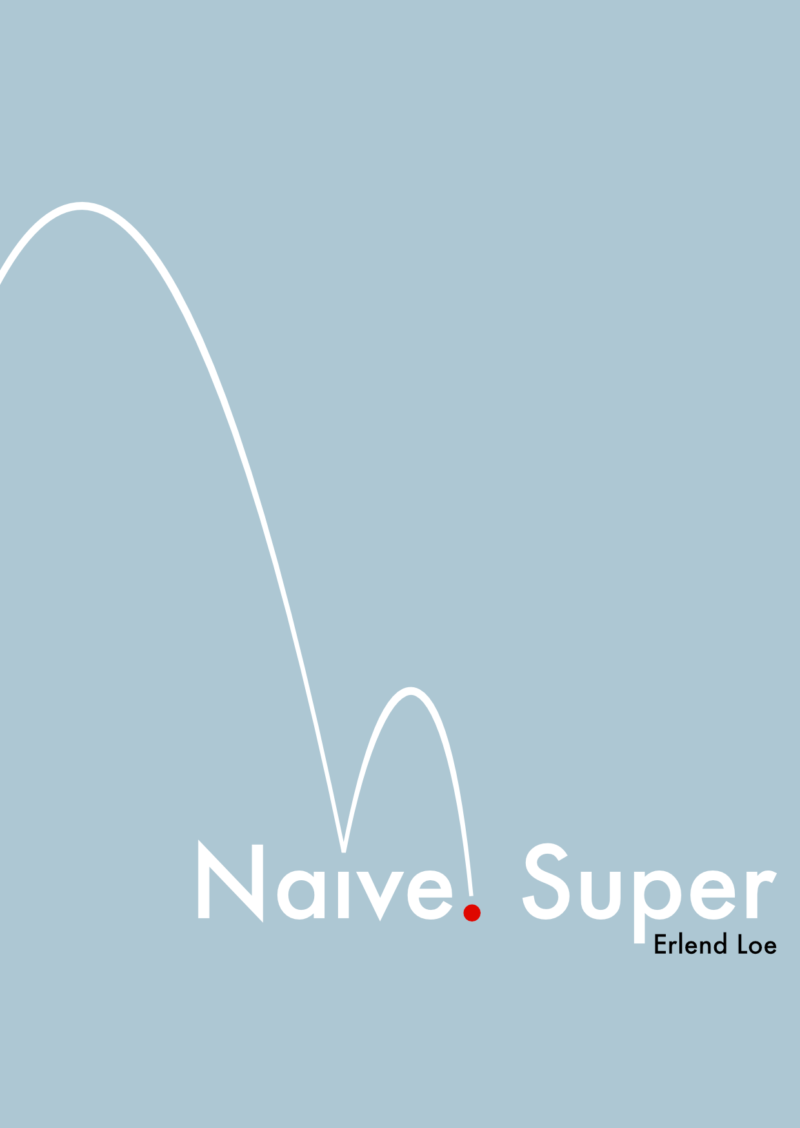
 SOME QUESTIONS TO PONDER AS YOU READ
SOME QUESTIONS TO PONDER AS YOU READ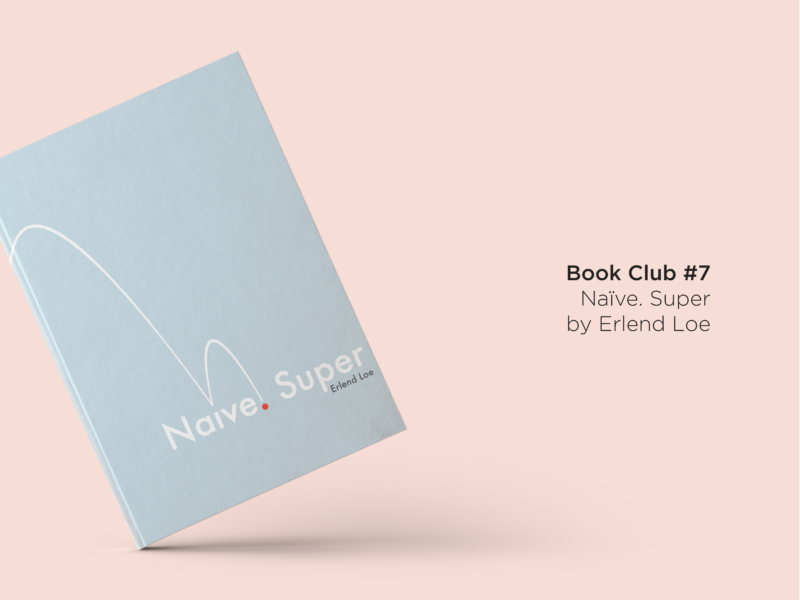
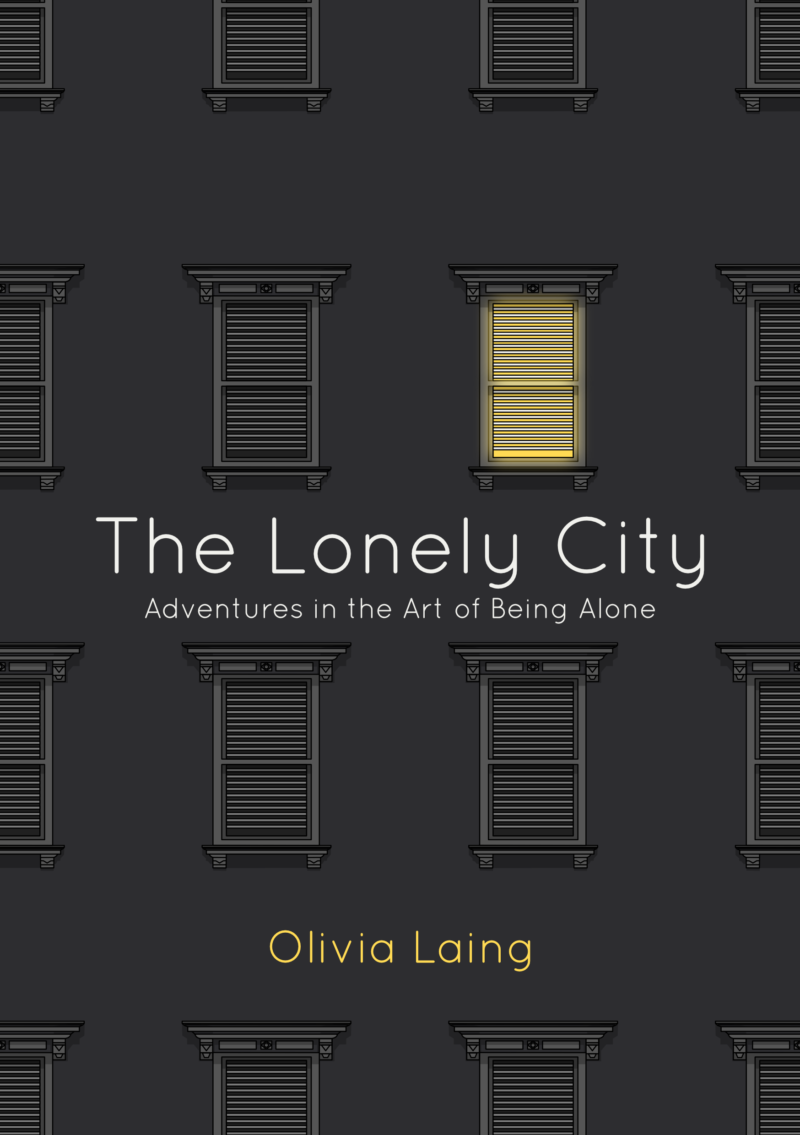
 SOME QUESTIONS TO PONDER AS YOU READ
SOME QUESTIONS TO PONDER AS YOU READ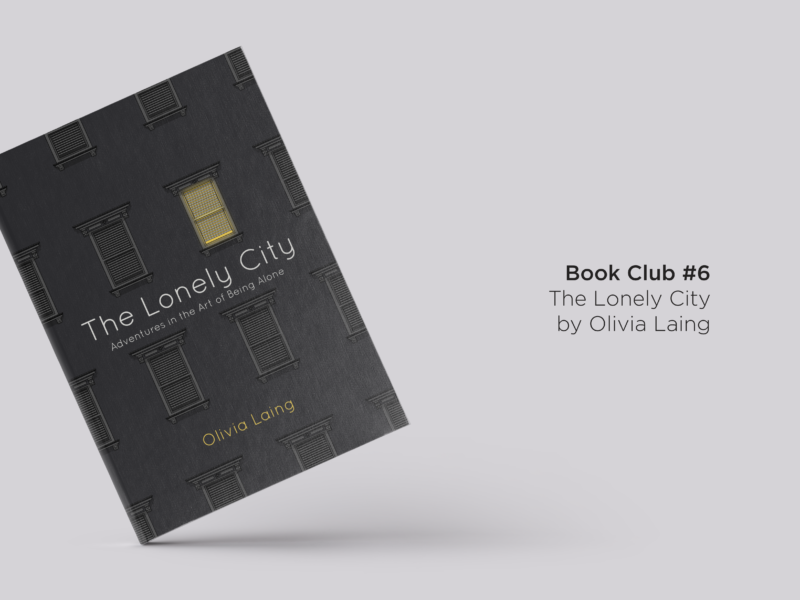
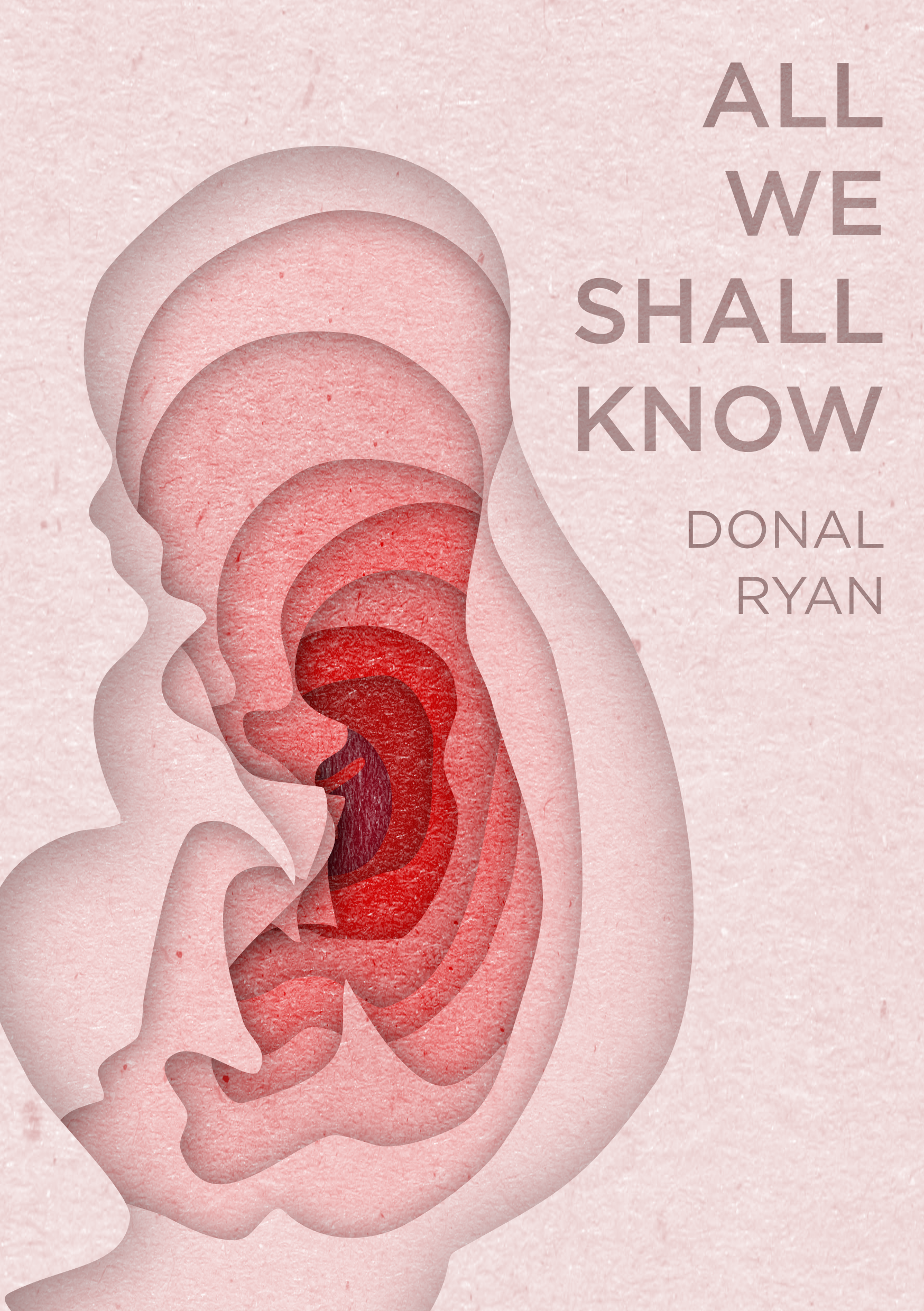
 SOME QUESTIONS TO PONDER AS YOU READ
SOME QUESTIONS TO PONDER AS YOU READ